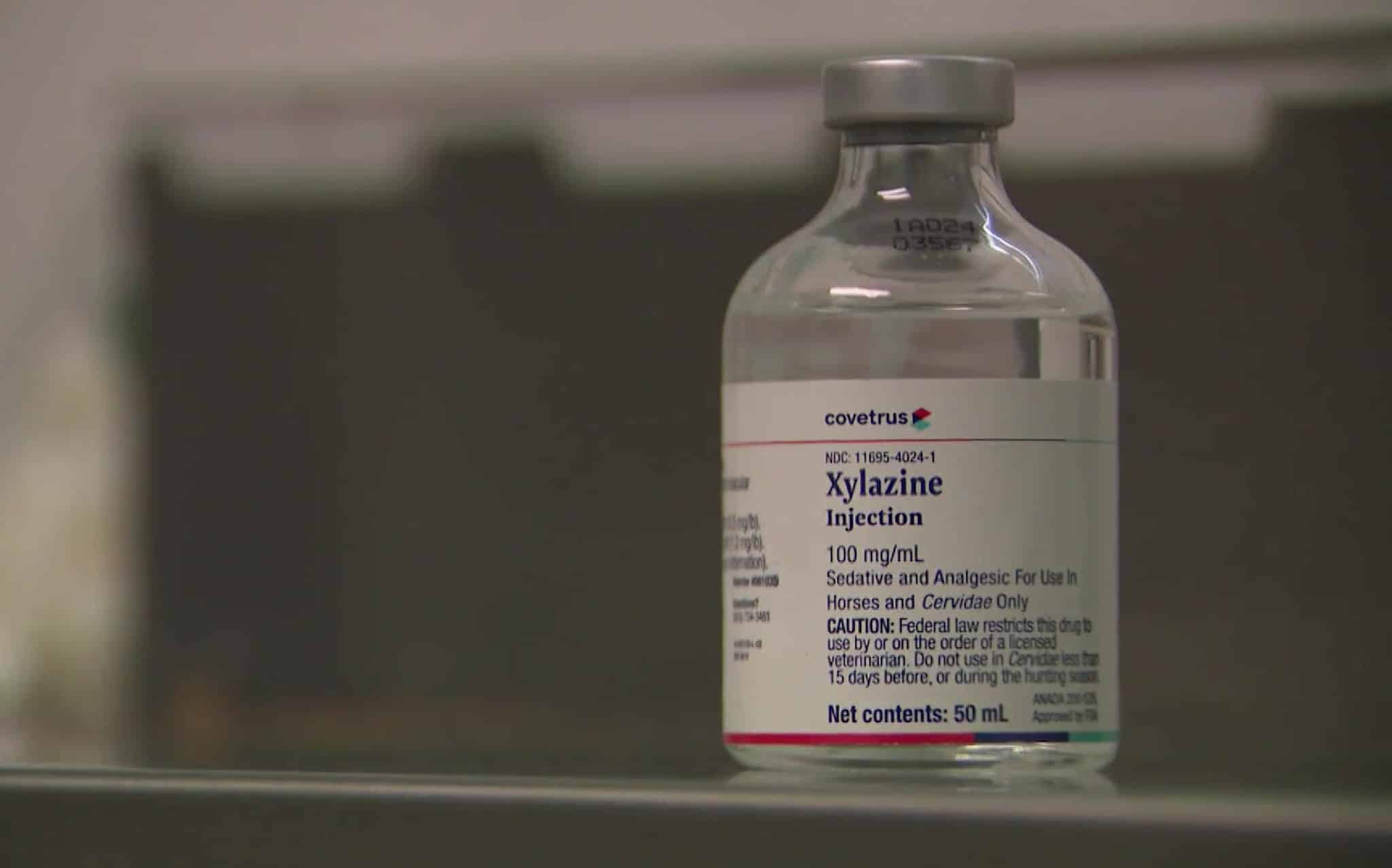National Eating Disorders Awareness Week (NEDAwareness Week) is an annual campaign to educate the public about the realities of eating disorders and to provide hope, support, and visibility to individuals and families affected by eating disorders. NEDAwareness Week 2022 will take place during the week of February 21 – February 27, 2022.
Studies suggest that 50% of individuals with eating disorders also abuse alcohol or illicit substances at a rate five times higher than the general population. These co-occurring disorders affect both males and females. In addition, 57% of individuals with binge eating disorder will also experience a co-occurring lifelong substance abuse disorder. The order of onset of either disorder is unclear, as substance abuse can occur before, during, or after treatment of an eating disorder. In many individuals, substance abuse is known to cause appetite suppression, triggering an eating disorder. In other cases, substance abuse can be an unhealthy coping mechanism to avoid the eating disorder at hand. Stimulant drugs are often used as appetite suppressants, whereas laxatives are commonly abused as a way to purge the body of any excess calories.
Coping with underlying triggers through food, exercise, and substances
Individuals with an addiction to alcohol or drugs may often use food and exercise to cope with their internal thoughts, emotions, and feelings that lead to their substance abuse in the first place. The triggers associated with substance abuse, mental health, and eating disorders are very common in nature and may include shame, past trauma, stress, loneliness, etc. Individuals may use food and exercise as a way to numb the pain. Exercising beyond exhaustion is an unhealthy coping mechanism that may temporarily relieve the unwanted inner thoughts associated with the underlying triggers that lead to a substance abuse disorder in the first place. Controlling your diet when you cannot control your emotional state is another common coping mechanism. Starving yourself of carbohydrates, running 40 miles a week, and weighing yourself daily are unhealthy ways to relieve the signs and symptoms associated with these underlying negative feelings.
Dopamine, food, drugs, and alcohol
There are many shared risk factors among eating disorders and substance abuse, leading to uncontrolled cravings for food, alcohol, and illicit drugs. All three are substances that, when consumed, bring about changes to mood, pleasure, and brain chemistry which can potentially result in unhealthy abusive behaviors. Impulsivity, compulsivity, obsessive preoccupations, and social isolation can all feed into our cravings for food, drugs, and alcohol, leading to a considerable surge in dopamine and serotonin in our brains. The rise in these neurotransmitters results in feelings of pleasure and happiness. Once these neurotransmitters are eliminated from our body, the cravings and urges come back stronger and stronger, each time fueling our body’s addiction to food, drugs, and alcohol.
Shared risk factors among eating disorders and addiction
Occurrence in times of transition or stress
Common brain chemistry
Common family history
Low self-esteem, depression, anxiety, or impulsivity
History of sexual or physical abuse
Unhealthy parental behaviors and low monitoring of children’s activities
Unhealthy peer norms and social pressures
Susceptibility to messages from advertising and entertainment media
Alcohol use disorder and eating disorders
Drunkorexia is the practice of engaging in excessive diet-related behaviors such as restricting food, binging, and purging, or excessive exercise while also consuming large amounts of alcohol in a short period. Most individuals who engage in drunkorexia do not have anorexia nervosa but have bulimia nervosa. Anorexia nervosa is a very rigid eating disorder characterized by extreme self-control. As a result, most individuals with this disorder do not consume any alcohol because it is considered caloric intake. Binge drinking is more often associated with bulimia nervosa, and therefore, drunkorexia is more commonly associated with excessive alcohol intake and bulimia nervosa behaviors. Individuals with bulimia nervosa often engage in binging and purging behaviors, and drinking excessive amounts of alcohol and fluids can aid in the purging process of self-induced vomiting. Women struggling with bulimia nervosa who are also alcohol-dependent report a higher rate of suicide attempts, anxiety, personality, and conduct disorders than women struggling with bulimia nervosa who are not alcohol-dependent.
Are eating disorders an addiction?
Many eating disorder experts hypothesize that eating disorders themselves are an addiction with such similarities to substance abuse, but this assertion is still controversial. However, treatment for both eating disorders and addiction are similar in that medication, psychotherapy, family therapy, medical, nutritional counseling, and relapse support and prevention are all essential components of recovery.
About AKUA Mind and Body
Seeking professional addiction or mental health treatment can help individuals overcome their addiction to substances and assist individuals in treating their underlying mental health disorders. AKUA Mind and Body is a full-service addiction and mental health treatment center with multiple locations across California. We specialize in treating individuals struggling with mental health disorders, substance use disorders, and co-occurring disorders. We offer detoxification, medication-assisted treatment, and behavioral therapy approaches at all levels of care, ranging from residential settings to outpatient treatment. We pride ourselves on having a compassionate and knowledgeable treatment staff who cares about each client and their family.




